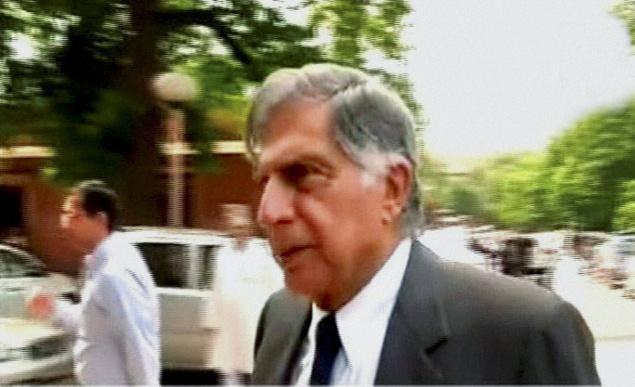 New Delhi, August 27; The Supreme Court will on Thursday hold an in-camera hearing to go into the report of a probe committee that inquired into the leak of former corporate lobbyist Niira Radia’s phone tapes to the media.
New Delhi, August 27; The Supreme Court will on Thursday hold an in-camera hearing to go into the report of a probe committee that inquired into the leak of former corporate lobbyist Niira Radia’s phone tapes to the media.
The apex court bench of Justice G.S. Singhvi and Justice V. Gopala Gowda decided on holding the in-camera hearing after perusing the inquiry report.
The court observed, “The factum of leakage is found in the inquiry committee report. What was the further investigation into how it was leaked and who… these conclusions (of the inquiry committee) are quite strange. Committee talks of leakage”, the judges said, adding, “It is becoming more and more intricate and that has become a serious matter.”
“We will read the report”, the court said while hearing the petitions by former Tata Sons chairman Ratan Tata and NGO Centre for Public Interest Litigation (CPIL).
While Mr. Tata has sought an inquiry as to who leaked the tapes to the media, the CPIL is asking that these tapes should be put in the public domain as they showed influence — peddling behind the government’s decision-making processes.
While admitting that the leak has taken place, the newly appointed Additional Solicitor General L. Nageswara Rao said that the leak could not have taken place at the end of the Income Tax department.
As Mr. Rao told the court that there was no leak by the telecom service provider, senior counsel Harish Salve told the court that he was not interested to know who had not leaked but who had leaked it.
He said that first two leaks that took place in April 2010 and May 2010 were focused and alleged that there was a corporate dimension that needed to be probed.
As Mr. Salve pointed to focused leaks and corporate dimensions, the court said that there were several dimensions and “we have scrupulously refrained from it. We have no control over the media”.
As the court observed that there were selective leaks and media had its own right, Mr. Salve suggested that the court hold an in-camera hearing of the matter as a similar practice too was followed by the court in the Jain hawala case.
Earlier in the hearing, Mr. Rao rejected the CPIL plea that except for those tape parts that deal with private conversations, the rest should be placed in the public domain.
The ASG told the court that these tapes could not be made public as they were constrained by the provisions of the Telegraph Act that mandated that “such wire-tapping of the telephones should be kept away from the sunlight and used only for the purpose for which surveillance was undertaken”.
The court said it was difficult to segregate the confidential conversations from that which concerned general public interest.
At the outset of the hearing, the court was shown the file by which the home secretary had authorised the tapping of Ms. Radia’s telephones.
